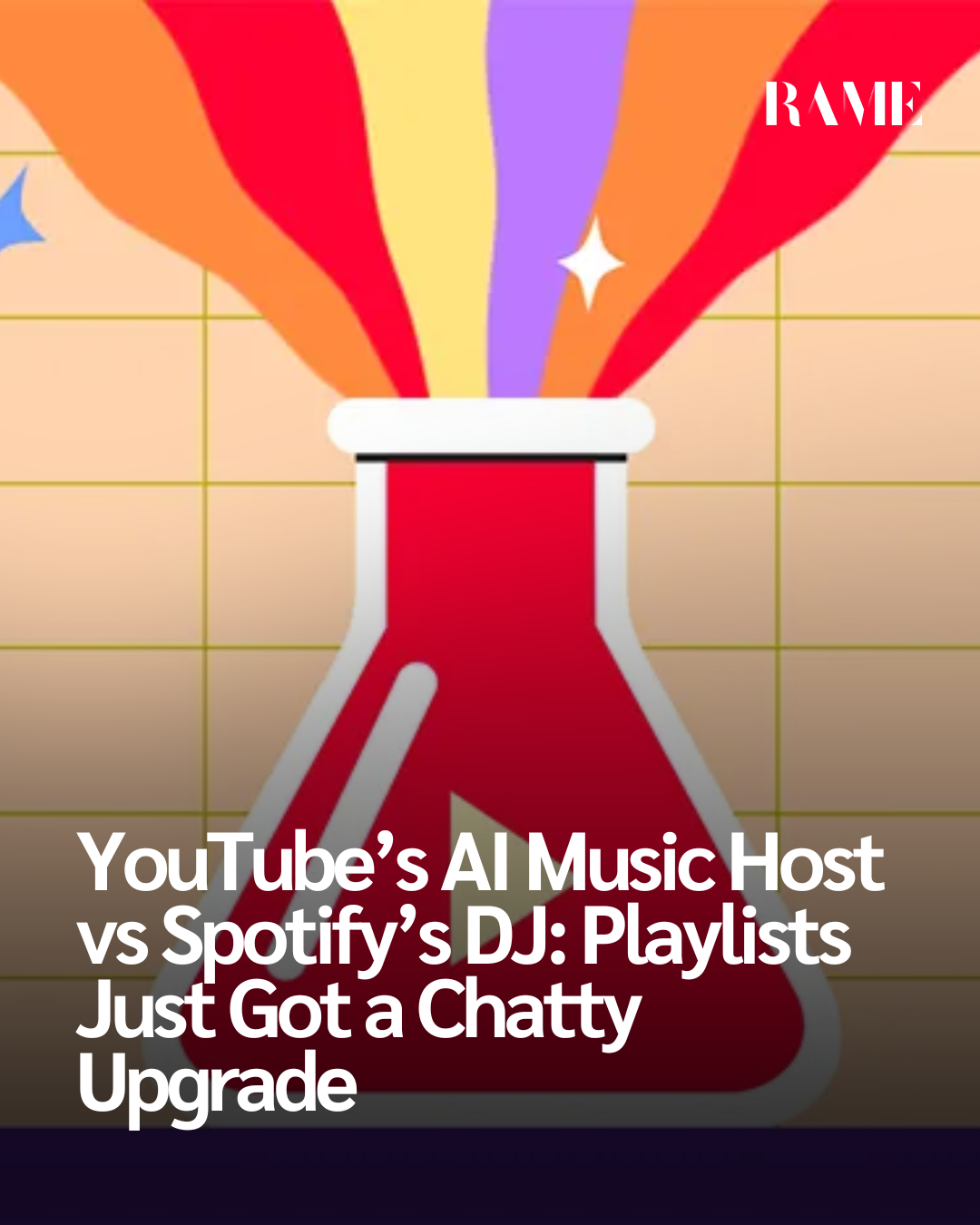The Battle for the Next Music Experience
Music streaming has always been about more than just playing songs. First came curated playlists, then personalized recommendations, and now the frontier is artificial intelligence. YouTube is taking direct aim at Spotify by testing an AI music host feature, a move that could reshape how listeners interact with their playlists.
The feature, currently rolling out to a limited number of U.S. participants via YouTube Labs, places an AI voice between tracks. Instead of creating new playlists like Spotify’s AI DJ, YouTube’s host adds context sharing stories, trivia, and commentary about the songs users already picked.
How YouTube’s AI Music Host Works
The experiment lives inside YouTube Music as part of the Labs program, a hub for early product testing. When enabled, users will hear an AI-generated host pop in between tracks with commentary designed to make playlists feel more like a radio show.
This isn’t YouTube’s first brush with AI-powered music. In the past year, it tested an AI-generated radio tool and a search-by-sound feature that lets users identify songs by humming or singing. The AI host is the next logical step, bringing a layer of storytelling to the listening experience.
Spotify’s Head Start
YouTube’s move comes nearly two years after Spotify introduced its AI DJ in 2023. Branded as an “AI DJ in your pocket,” Spotify’s version builds playlists on the fly and guides users through them with a synthetic voice.
Earlier this year, Spotify enhanced the feature by letting Premium subscribers make voice-based requests in real time. At the time, the company reported that engagement with AI DJ had “nearly doubled over the past year.”
Spotify has also been expanding beyond audio. In 2023 it introduced short-form “Clips” videos and launched full-length music videos in beta across 11 markets. These features mirrored existing tools on TikTok and YouTube Shorts, signaling that both platforms are now borrowing heavily from each other.
Subscriber Wars
Both platforms are locked in a global battle for paying listeners.
- As of March 2025, YouTube had 125 million subscribers to YouTube Music and Premium, up from 100 million a year earlier.
- As of Q2 2025, Spotify had 276 million paying users and a total of 696 million monthly active users.
YouTube has also experimented with new subscription models, including a Duo-style Premium plan launched in India, France, Taiwan, and Hong Kong earlier this year. That mirrors Spotify’s own Duo plan introduced in 2020.
Why This Matters
The competition is no longer about who has the biggest music library, it’s about who can make listening feel richer, smarter, and more personal. AI-driven hosts and DJs are the latest attempt to turn passive streaming into something more interactive.
But there’s a risk. Many listeners may appreciate a bit of trivia between songs, while others will find it distracting and switch back to uninterrupted playlists. Whether YouTube’s host succeeds will depend entirely on how well the AI balances insight with restraint.
The Bigger Picture: AI Everywhere
This experiment fits into Google’s wider AI strategy. Its NotebookLM app already narrates summaries with synthetic voices, and YouTube has been integrating AI into Shorts, remix tools, and search features. The company has also tightened rules on repetitive uploads, signaling a focus on quality innovation rather than just more content.
The message is clear: AI isn’t just about efficiency; it’s about creating experiences that feel meaningful.
Closing Thoughts
Streaming used to be about endless choice. Now the focus is shifting toward context, connection, and curation. Spotify bet early on AI DJs. YouTube is betting on AI hosts.
The real question is: do listeners want their playlists to talk back? If yes, the future of music streaming may feel less like pressing play and more like hanging out with a friend who knows every track inside out.



